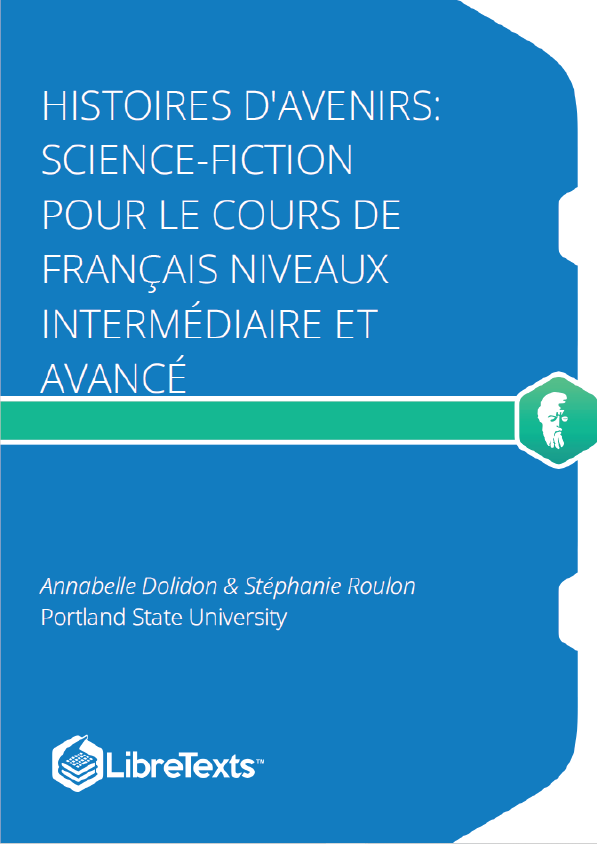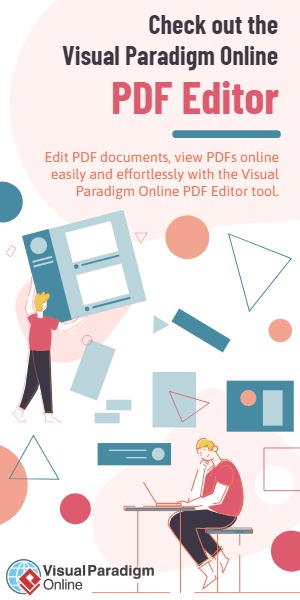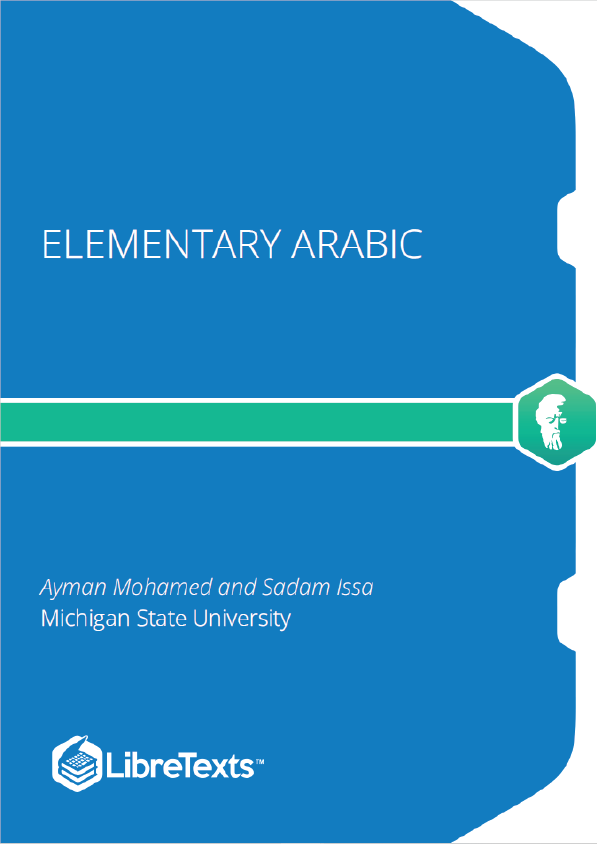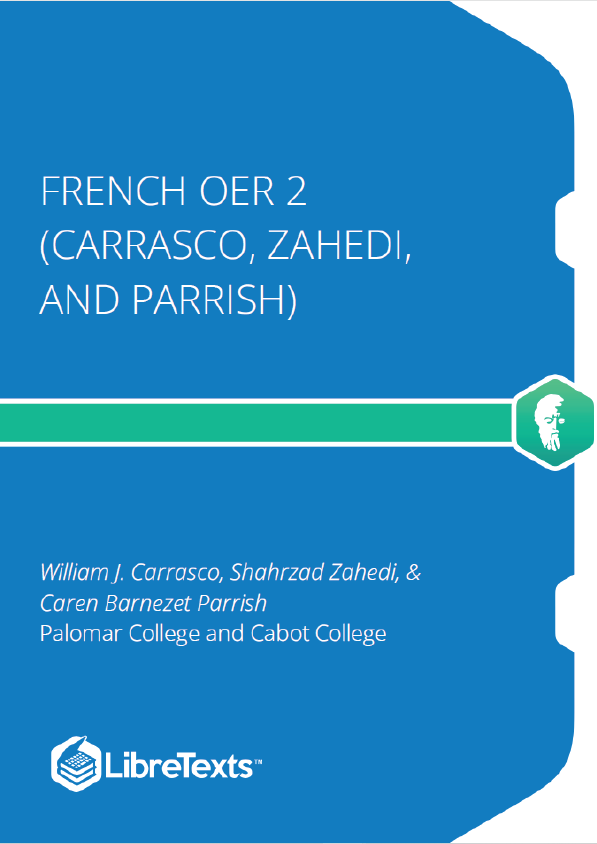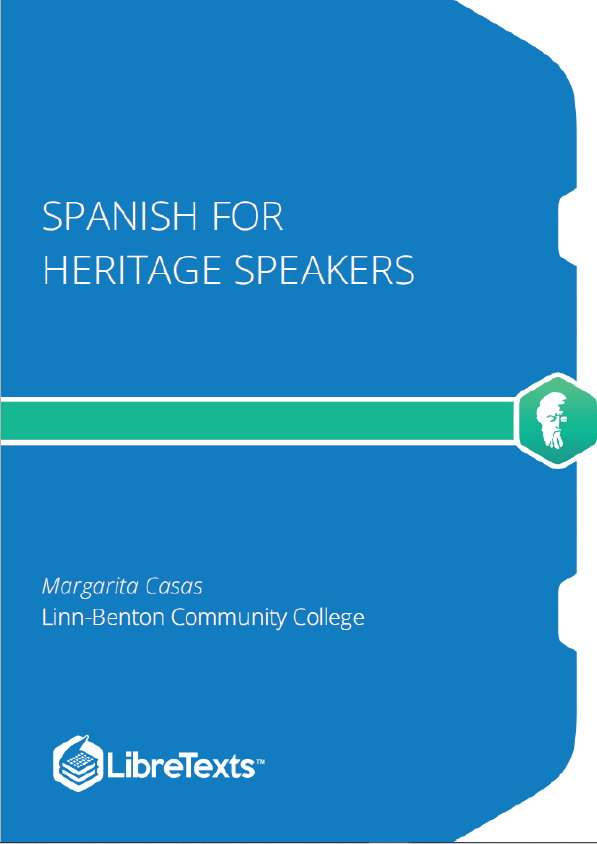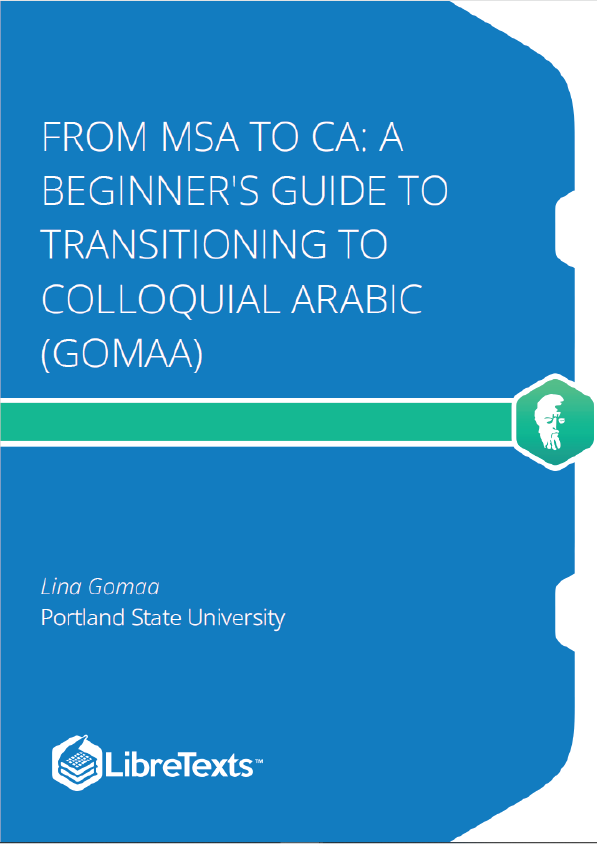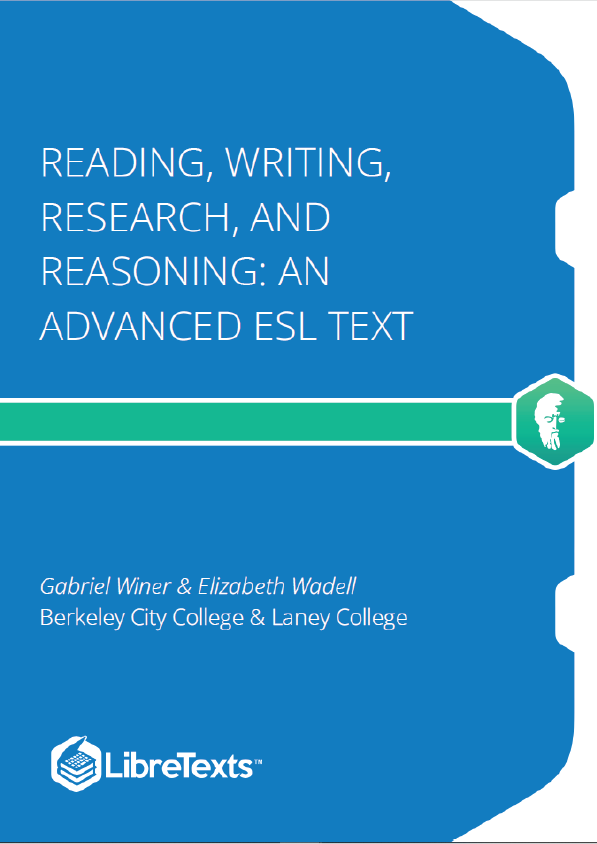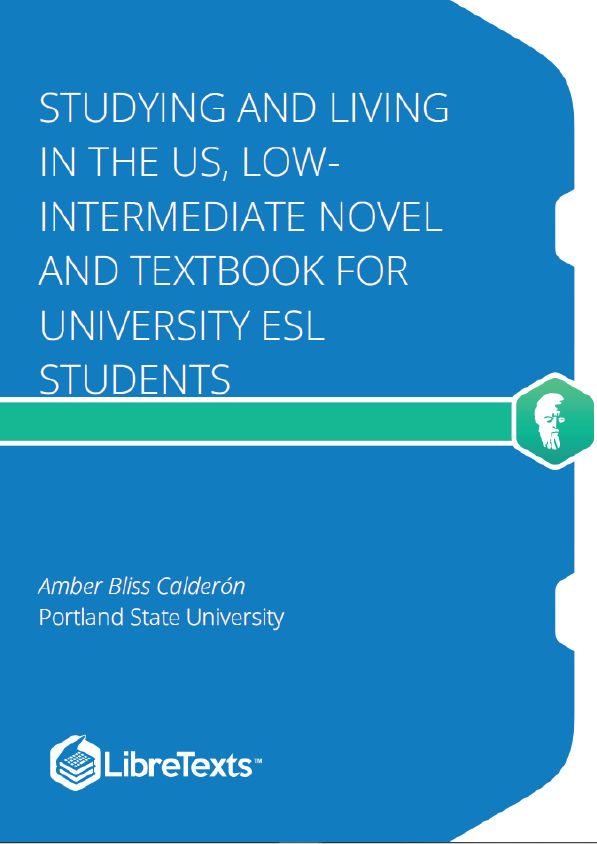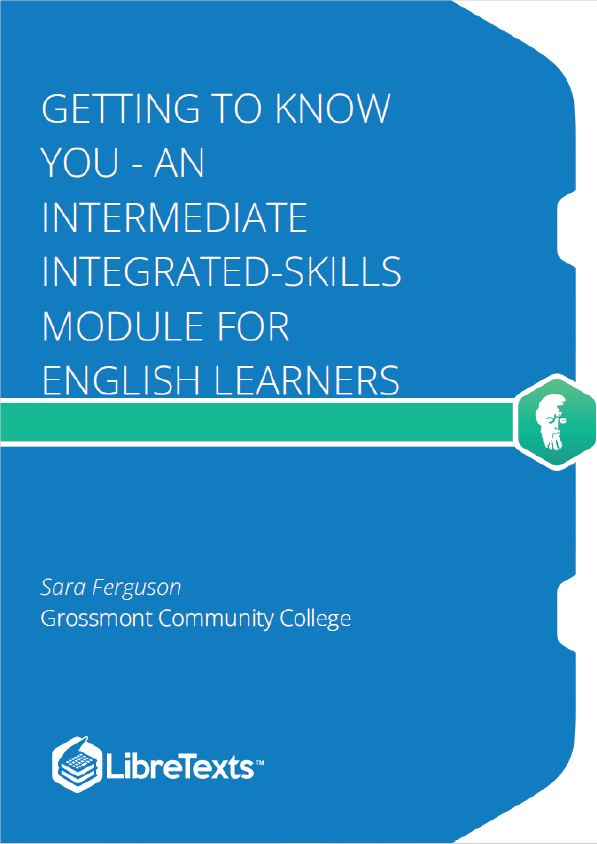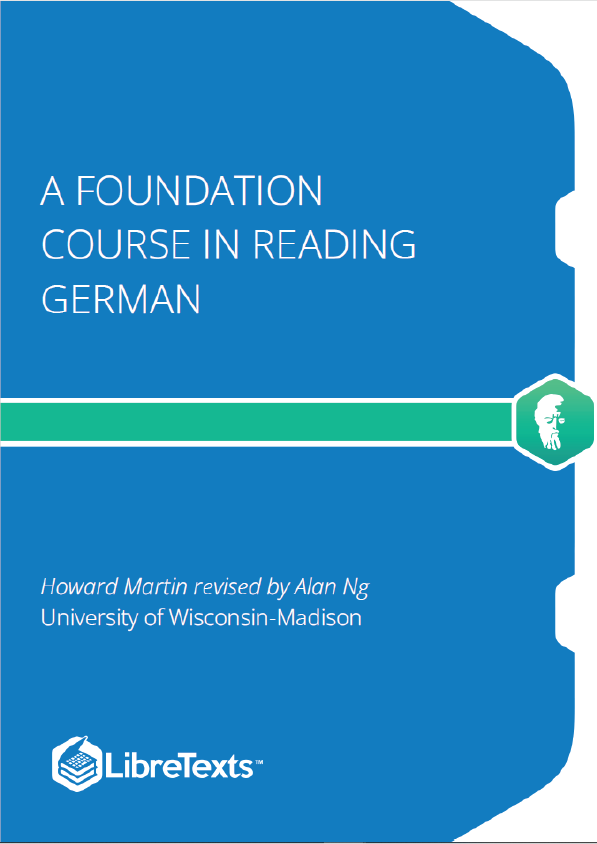This text is disseminated via the Open Education Resource (OER) LibreTexts Project (https://LibreTexts.org) and like the hundreds of other texts available within this powerful platform, it is freely available for reading, printing and “consuming.” Most, but not all, pages in the library have licenses that may allow individuals to make changes, save, and print this book. Carefully consult the applicable license(s) before pursuing such effects.
Instructors can adopt existing LibreTexts texts or Remix them to quickly build course-specific resources to meet the needs of their students. Unlike traditional textbooks, LibreTexts’ web based origins allow powerful integration of advanced features and new technologies to support learning.
The LibreTexts mission is to unite students, faculty and scholars in a cooperative effort to develop an easy-to-use online platform for the construction, customization, and dissemination of OER content to reduce the burdens of unreasonable textbook costs to our students and society. The LibreTexts project is a multi-institutional collaborative venture to develop the next generation of openaccess texts to improve postsecondary education at all levels of higher learning by developing an Open Access Resource environment. The project currently consists of 14 independently operating and interconnected libraries that are constantly being optimized by students, faculty, and outside experts to supplant conventional paper-based books. These free textbook alternatives are organized within a central environment that is both vertically (from advance to basic level) and horizontally (across different fields) integrated.
Histoires d’Avenirs est un manuel basé sur neuf nouvelles de science fiction française qui s’adresse à un public d’apprenants étrangers (de niveaux intermédiaire et avancé) mais aussi à un public natif voulant approfondir ses connaissances de la sciencefiction moderne – après un chapitre préliminaire qui rappelle les bases historiques du genre. Le manuel propose une approche holistique (stylistique, linguistique, et interculturelle) et sollicite une pensée critique au travers d’activités de lecture, interprétation, conversation, recherche et présentations, dans un double objectif : développer les compétences en français sur des sujets contemporains au travers de la fiction; et faire découvrir la science-fiction française et francophone aux apprenants étrangers.
